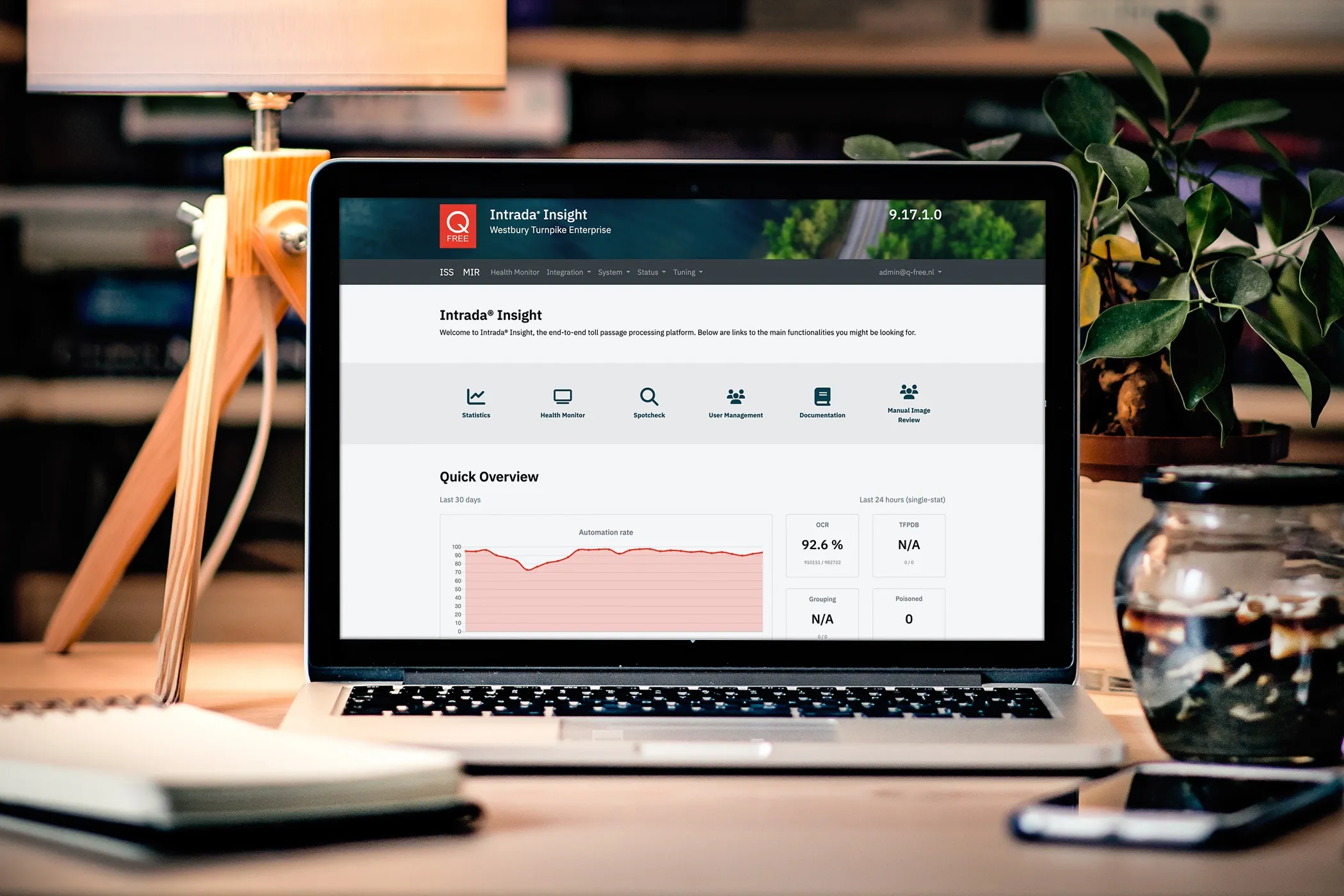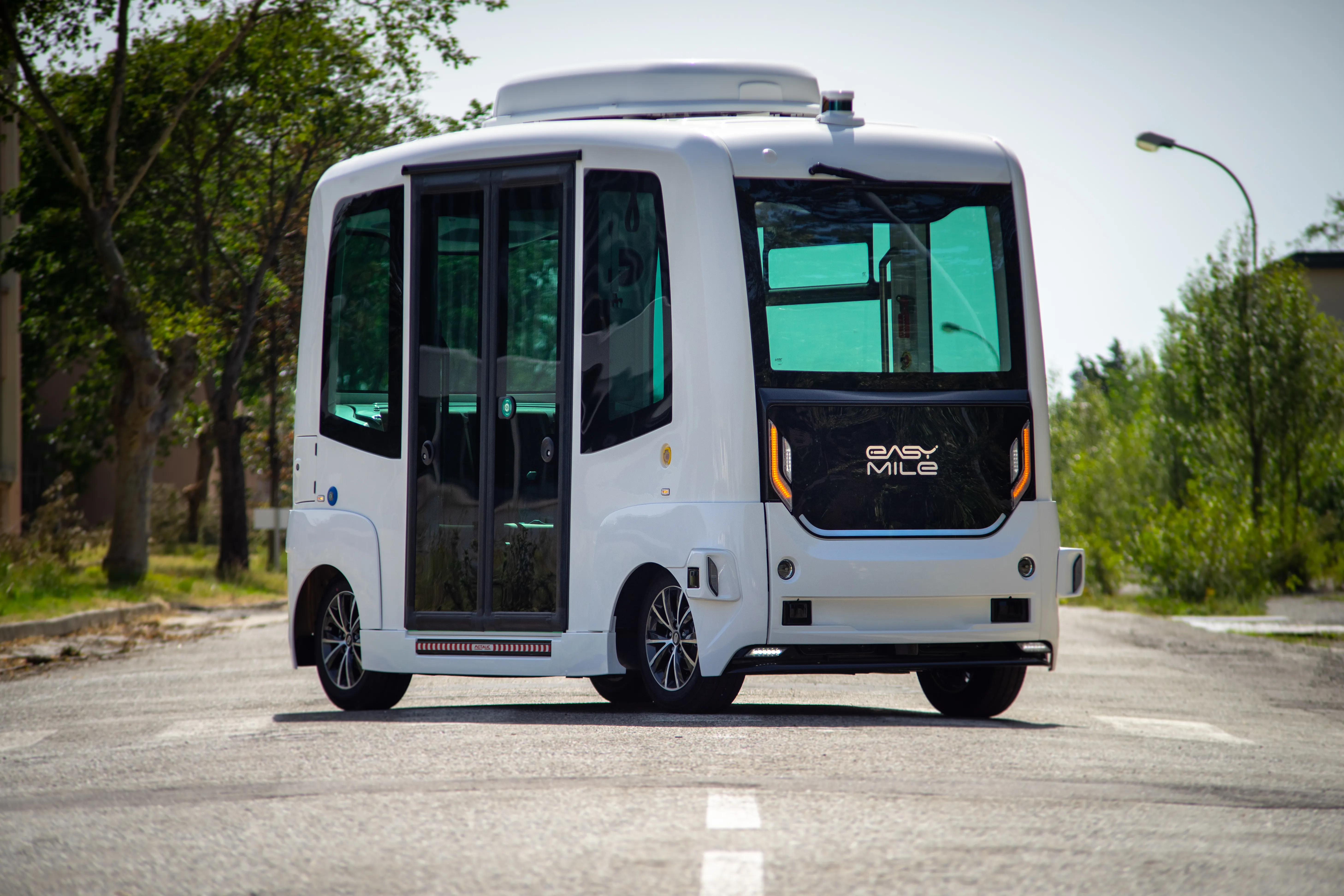
Q-Free has upgraded its Intrada Insight software for optimising end-to-end video toll transaction processing.
The firm says the latest update "emphasises efficiency in handling vast data volumes in challenging network topologies with limited bandwidth".
Contemporary all-electronic toll collection systems (AETC) collect "substantial" amounts of data, Q-Free says: Intrada "facilitates scalable data downloads and transfers, optimises bandwidth usage, and supports multiple data streams, enhancing operational flexibility".
“Intrada Insight, through innovative technology and meticulous attention to detail, shows our dedication to providing agencies with optimal revenue generation and cost efficiency," says Marco Sinnema, Q-Free’s VP of image review solutions.
"We leverage every advantage possible to maximise revenue and deliver the lowest operating expense on the market."
The software collects vehicle data from cameras and sensors mounted on toll roads, and "assigns a digital fingerprint that enables unique automation-rate-increasing features like grouping".
Q-Free says key features include a human-machine learning feedback loop for improved automated plate reads, reduced reliance on manual review and "advanced technologies such as multi-OCR engines and deep neural networks".
The company is exhibiting at Intertraffic Amsterdam from 16-19 April on Stand 05.303.









